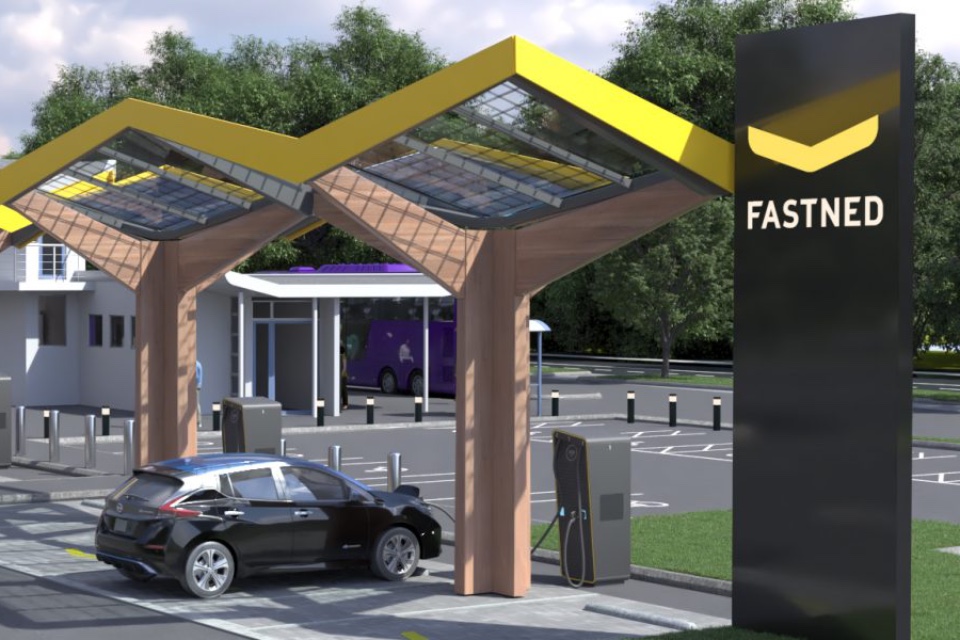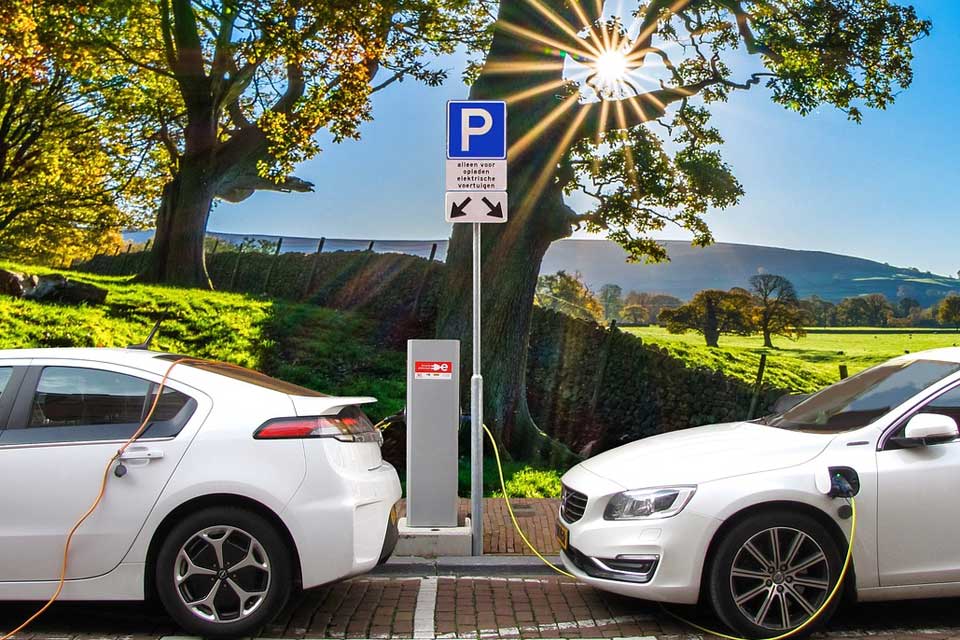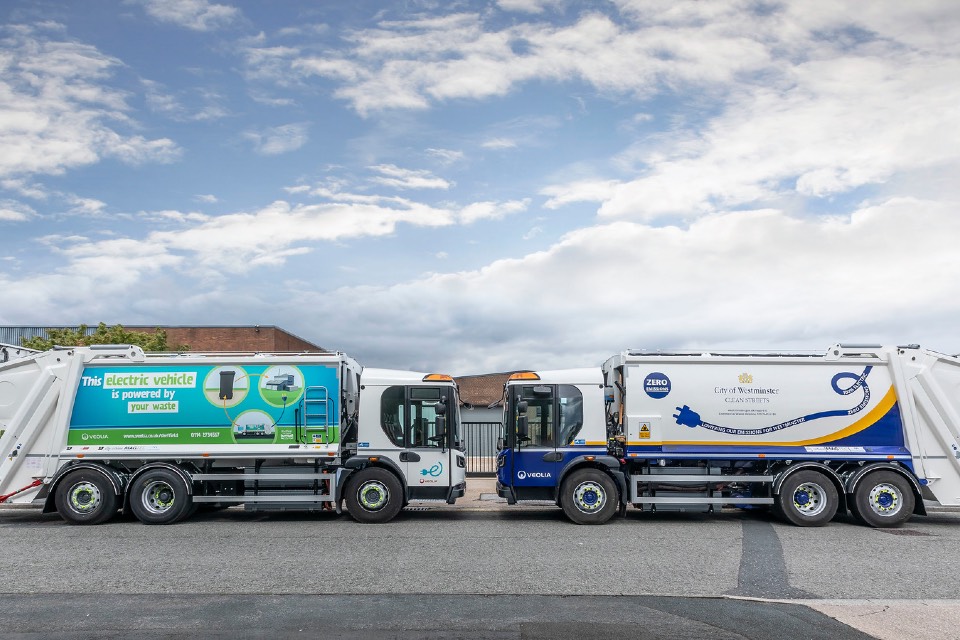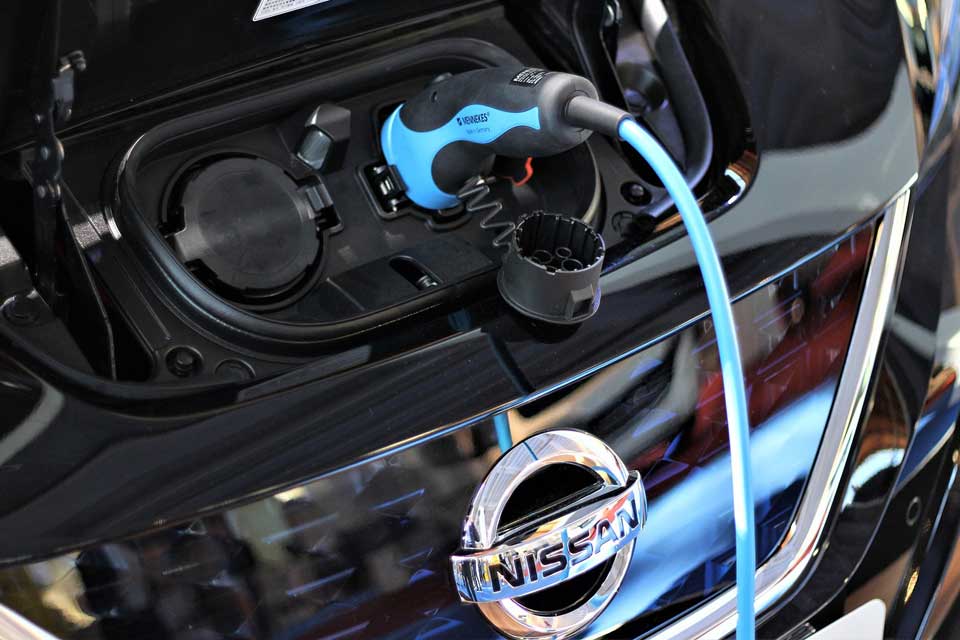‘Europe’s most powerful’ EV charging hub confirmed for Oxford
https://energymanagementsummit.co.uk/wp-content/uploads/2021/05/Oxford-EV.jpg 960 640 Stuart O'Brien Stuart O'Brien https://secure.gravatar.com/avatar/81af0597d5c9bfe2231f1397b411745a?s=96&d=mm&r=gUK-based Pivot Power, part of EDF Renewables, and Oxford City Council have joined up with Fastned, Tesla Superchargers and Wenea to deliver what they are calling Europe’s most powerful EV charging Superhub.
The hub, initially featuring 38 fast and ultra-rapid chargers in a single site, is the most powerful in Europe – with up to 10MW of power on site – and will scale up to help meet the need for EV charging in the area for the next 30 years. It is the first of up to 40 similar sites planned across the UK to help deliver charging infrastructure needed for the estimated 36 million EVs by 2040.
Unlike any other UK charging hub, the site, at Redbridge Park & Ride, is directly connected to the high voltage national electricity grid, to provide the power needed to charge hundreds of EVs at the same time quickly, without putting strain on the local electricity network or requiring costly upgrades.
This network, developed by Pivot Power, has capacity to expand to key locations throughout Oxford to meet mass EV charging needs, from buses and taxis to commercial fleets.
Fastned will initially install ten chargers at the Superhub with 300kW of power, capable of adding 300 miles of range in just 20 minutes for up to hundreds of EVs per day. The station will be powered by 100% renewable energy, partly generated by the company’s solar roof, and all makes and models of EVs will be able to charge at the highest rates possible simultaneously.
The announcement is a key milestone in the completion of Energy Superhub Oxford (ESO), due to open in Q4 this year, and comes as Oxford is set to launch the UK’s first Zero Emission Zone this August, where vehicles are charged based on their emissions, with EVs able to use the zone for free.
The £41m world-first project, led by Pivot Power, integrates EV charging, battery storage, low carbon heating and smart energy management technologies to support Oxford to be zero carbon by 2040 or earlier. ESO will save 10,000 tonnes of CO2 every year once opened later in 2021, equivalent to taking over 2,000 cars off the road, increasing to 25,000 tonnes by 2032. It provides a model for cities around the UK and the world to cut carbon and improve air quality.
Matt Allen, CEO at Pivot Power, said: “Our goal is to help the UK accelerate net zero by delivering power where it is needed to support the EV and renewable energy revolution. Oxford is one of 40 sites we are developing across the UK, combining up to 2GW of battery storage with high volume power connections for mass EV charging. Energy Superhub Oxford supports EDF’s plan to become Europe’s leading e-mobility energy company by 2023, and is a blueprint we want to replicate right across the country, working hand in hand with local communities to create cleaner, more sustainable cities where people want to live and work.”
Councillor Tom Hayes, Cabinet Member for Green Transport and Zero Carbon Oxford at Oxford City Council, added: “For Oxford to go zero carbon by 2040, we need to electrify a lot more of our transportation. As an innovative city embracing technologies and change, Oxford is the natural home for the UK’s largest public EV charging hub. We are excited to be taking a major step forward in the completion of Energy Superhub Oxford, working closely and superbly with our private sector partners. As an ambitious city, we are excited about the prospect of further innovation and investments, building upon our record of transformational public and private sector delivery.”
Government plans to cut carbon emissions and improve air quality will see millions of EVs in use by 2030, and the project will show how this can be achieved while maintaining a stable and cost-effective electricity network. To accelerate the delivery of ESO, the Government has contributed £10 million to the project via UKRI’s Prospering from the Energy Revolution programme.





